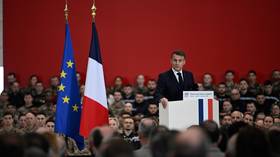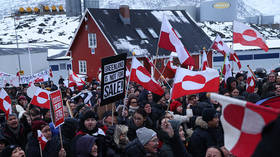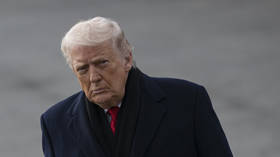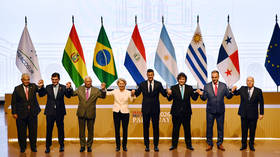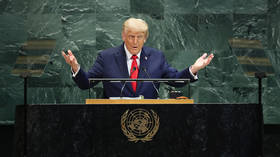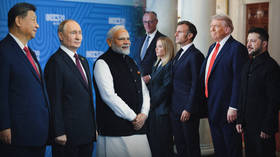OSCE refuses to monitor Russia’s presidential poll
The OSCE’s Office for Democratic Institutions and Human Rights has said it will not monitor the presidential election in Russia. Moscow has responded to the move by accusing the organisation of not living up to its international responsibilities.
The war of words has been going on for weeks. The main bone of contention from the OSCE side was 'restrictions'. The organisation and its various branches have repeatedly claimed that they are being prevented from doing their job properly. So, in the end, they decided not to do it at all.
Russia negotiated, discussed, debated, but to no avail, and found that the concessions being demanded were just too great.
“The OSCE insisted it will not send its observers to Russia unless Moscow accepts its demands. This is an ultimatum any self-respecting country cannot accept. Their stance shows the need for reforms of the OCSE,” Russia’s Foreign Minister Lavrov said.
The Office for Democratic Institutions and Human Rights, however, is sticking to its guns. In a printed statement, the branch's director said they ‘have made every effort in good faith’ to deploy their mission but they weren't willing to elaborate.
This may seem like a new and unpleasant turn in relations between Russia and the OSCE.
However, it is by no means new. In 2004, the OSCE's Parliamentary Assembly refused to monitor the presidential election.
And in December 2007, the OSCE’s Office for Democratic Institutions and Human Rights failed to send their observers for the parliamentary election claiming restrictions by the authorities made it impossible to work.
Nonetheless, the OSCE branches remain the only election watchdog to behave in such a way. All other observer missions that Russia has extended invitations to have so far accepted.


